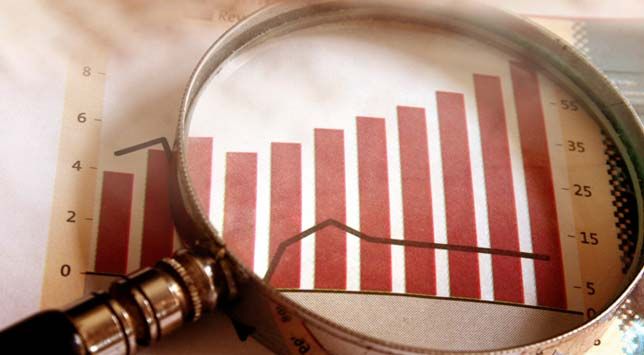The federal government of Pakistan is set to release the Economic Survey of Pakistan 2022-23 today, providing a comprehensive overview of the country’s socio-economic progress during the previous fiscal year. The pre-budget document, to be unveiled by Finance Minister Ishaq Dar, will highlight key achievements, performance, and trends in various sectors including agriculture, manufacturing and industry, services, energy, information technology and telecom, capital markets, health, education, and transport.
The survey will shed light on major economic indicators, such as inflation, trade and payments, public debt, population, employment, climate change, and social protection. According to estimations by the Planning Commission, Pakistan’s gross domestic product (GDP) for the year 2022-23 is projected to grow at a modest rate of 0.29%. However, the growth rates for the agricultural, industrial, and services sectors are estimated at 1.55%, -2.94%, and 0.86% respectively.
The agricultural sector witnessed a decline in important crops, with a provisional growth rate of -3.20%. The production of cotton decreased by 41%, resulting in 4.91 million bales, while rice production dropped by 21.5% to 7.32 million tons. However, wheat saw a positive growth of 5.4%, reaching 27.634 million tons. Sugarcane and maize also observed growth rates of 2.8% and 6.9% respectively.
In the industrial sector, a negative growth rate of -2.94% was recorded. Mining and quarrying were heavily affected, with a decline of 4.41% due to reduced production of natural gas, and crude oil, and increased exploration costs. Large-scale manufacturing experienced a significant downturn with a negative growth rate of 7.98%, while the electricity, gas, and water industries showed growth of 6.03%.
The services sector recorded a slow growth rate of 0.86%, with varying trends across industries. Wholesale and retail trade experienced a decline of 4.46% primarily due to decreased output of crops, large-scale manufacturing, and imports. On the positive side, education witnessed growth of 10.44% due to increased public sector expenditure, and human health and social work activities saw an increase of 8.49%.
The Economic Survey of Pakistan 2022-23 provides crucial insights into the country’s economic performance, highlighting both achievements and challenges faced during the outgoing fiscal year. With modest overall growth, Pakistan faces the task of addressing issues in key sectors to stimulate economic development and foster a more robust and resilient economy in the years to come.


